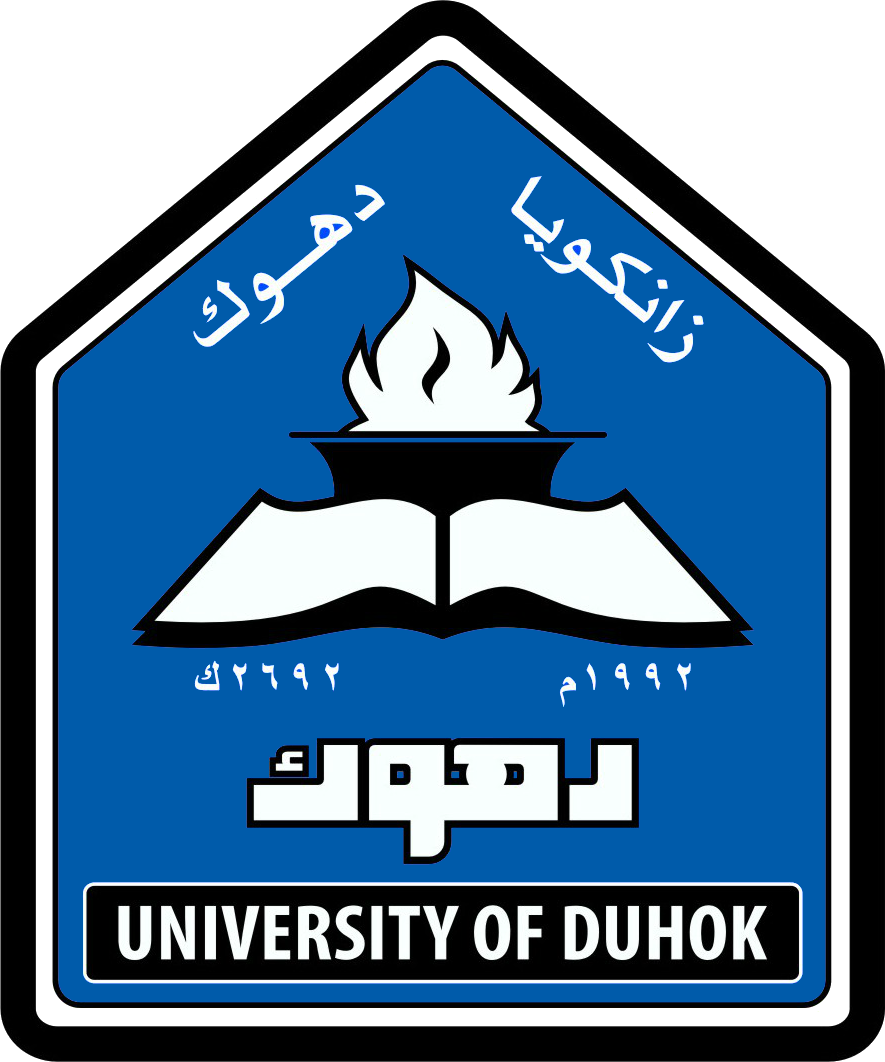Biology
Courses
Semester One
Units : 3
Lecturer : Ismael Silo Hassan Ali
Description :
The aim of this subject is to provide the students with the essential concepts about the classification of the Phylum Chordata, the last and most advanced phylum of the Animal Kingdom. This phylum includes human and most animals which have an important role in the world economy, in addition to transportation and plowing especially in hard situations where it is difficult to use modern mechanization.
Phylum Chordata classify into categories or taxa including: Subphyla, Superclasses, Classes, Subclasses, Superorders, Orders, Suborders and families. Study of the general and special features of each animal group belong to these taxa also included in this course
Units : 3
Lecturer : Dr. Atheel Najib Yousef
Description :
Plant physiology studies the journey of the plant from the dormant state, which means the seed, to the adult and reproductive state. In order to grow, plant is required to provide water and nutrients from the soil and transferred to stem and leaves. On the other hand, photosynthetic products from leaves downstream to stem and roots. In addition to water and nutrients, plant growth is regulated by hormones which are chemicals play critical role throughout plant life cycle. Another feature of plants is that they are sessile. This obliges the plant to react and adapt to the adverse environmental conditions that may occur frequently in plant life cycle. For this reason, plant produce several phytochemicals to in order to recruit them to maintain the plant as healthy as possible. In plant physiology course, the combination of all these factors and growth determinants mentioned above and their effects on plant growth are studied and will be discussed in detail and revealed in an academic manner.
Units : 3
Lecturer : Asst. Prof. Dr. Muna Salman Abed
Description :
This course is designed and intended to cover the important aspects of basic theoretical and practical knowledge in Food Microbiology for Biology students.
The course includes the knowledge about source, types, growth and effects of microbes in food and their impact on food quality and safety; food spoilage and preservation; sterilization, disinfection and sanitation relevant to food production; microbial intoxications and infectious diseases transmitted in food.
Also its covers the use of predictive microbiology to determine safe storage and distribution of food and the role of microbiology in establishment quality control programs for production of safe food.
Units : 3
Lecturer : Dr. Marwan Khalil Qader
Description :
Parasitology is the study of parasite their host and the relationship between them. As a biological discipline, the scope of parasitology is not determined by the organism or environment in question but by their way of life. This means it forms a synthesis of other disciplines, Medical parasitology traditionally has included the study of three major groups of animals: parasitic protozoa, parasitic helminths (worms), and those arthropods that directly cause disease or act as vectors of various pathogens. A parasite is a pathogen that simultaneously injures and derives sustenance from its host. Some organisms called parasites are actually commensals, in that they neither benefit nor harm their host (for example, Entamoeba coli). Although parasitology had its origins in the zoologic sciences, it is today an interdisciplinary field, greatly influenced by microbiology, immunology, biochemistry, and other life sciences.Infections of humans caused by parasites number in the billions and range from relatively innocuous to fatal. The diseases caused by these parasites constitute major human health problems throughout the world. (For example, approximately 30 percent of the world's population is infected with the nematode Ascaris lumbricoides.) The incidence of many parasitic diseases (e.g., schistosomiasis, malaria) have increased rather than decreased in recent years. Other parasitic illnesses have increased in importance as a result of the AIDS epidemic (e.g., cryptosporidiosis, Pneumocystis carinii pneumonia, and strongyloidiasis). The migration of parasite-infected people, including refugees, from areas with high prevalence rates of parasitic infection also has added to the health problems of certain countries
Units : 3
Lecturer : Asst. Prof. Dr. Ali Yahya Saeed Ahmed
Description :
One of the important subjects to be studied in the department of Biology is medical bacteriology. Through this course students will be able to understand how to collect clinical samples properly from different bacterial infections. Students will be able to protect themselves from hazardous infectious materials and how to control any accident will happens in the laboratory. Through this course students will learn how pathogens are transmitted to human, what kind of clinical infection will cause and mechanisms of causing infections, types of samples necessary for laboratory diagnosis. At the end of the course students will be able to follow general outlines used for diagnosis of various bacterial infections as well as working with different diagnostic tests to reach the final diagnosis. Students will work with unknown samples in order to depend on themselves in making diagnosis and will be armed with good background when working in the clinical diagnostic laboratories of health sector.
